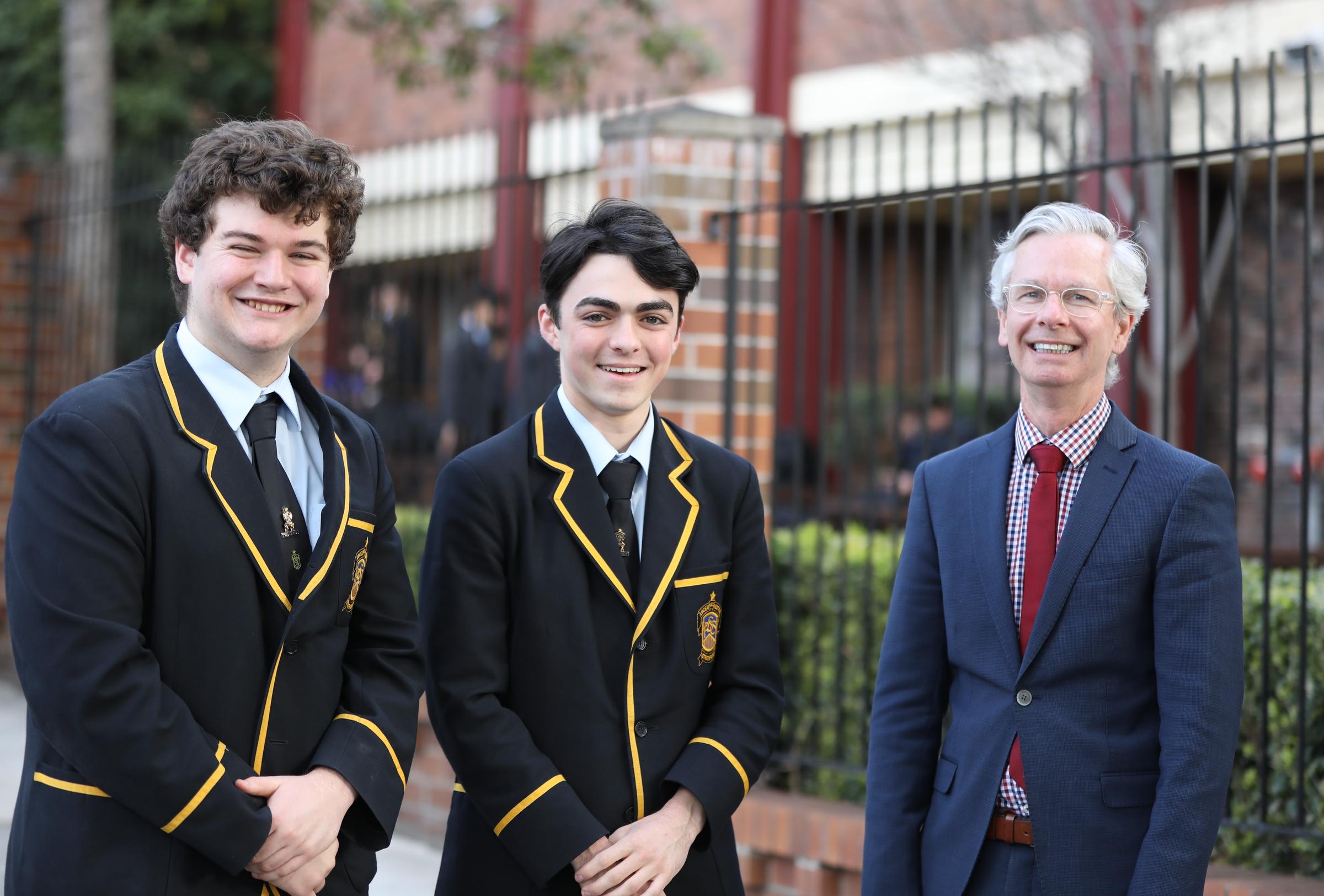Principal

On Power
Many years ago, I attended a residential leadership training course that was a joint venture between a major Australian university and a large corporate entity. It was one of the best and most memorable courses I have ever done. Prior to attending the course, my work colleagues completed a full 360-degree review of me, and I was subject to a number of psychometric tests. Part of the course included the facilitators walking through the detailed feedback from these elements with me.
The psych tests were employed to determine motivation. This is grounded in the work of McClelland in the 1960s. Basically, the premise lies in the fact that we are driven by three human motivations: achievement, affiliation, and power. The theory was called Need Theory and is an extension of Maslow’s Hierarchy of Needs. The degree to which we have strengths or emphases in our leadership in these three domains is determined by our motivations. As adults, what drives us according to McClelland, is the desire to achieve (or fear failure), the desire to build relationships with others (or fear rejection) and the desire to hold or promote power (or fear losing power). It is the last of these three motives that I want to explore a little more.
Power is the one motive that is often most misunderstood as it has overtones that we often think relate to “power over” another. However, this motive can also refer to “power with” and the giving away of power to others. I call this capacity building. It is interesting to note how power is used, abused, and at times, wielded in our world. There are countless examples of famous folk through time who have certainly abused and wielded power to satisfy their own needs and ends: Machiavelli, Nelson, Henry VIII, Hitler, Pol Pot, Cleopatra and the list goes on. However, when we see power shared, delegated, divested for the greater good, and used to influence the gaining of power and authority (and thus a voice) in others, it takes on a very different meaning.
The gaining of power can be seen also as the growth of influence. The power to influence others is again a skill that needs to be carefully crafted. Those with power and influence are those who have a voice, and that voice is listened to. Those who are voiceless are ipso facto, not in a position of power. How we use our own power can directly benefit those without it.
Power is an important motive. It is important that we do not demonise power or only associate negativity with it. How we use our relative position of privilege speaks to power. When we develop our student leaders we talk about influence, service, ideas and initiatives, and we do so in the context of a Catholic education. While we do not necessarily talk about power explicitly, in effect we are discussing elements of power. Our study of leaders who have exerted power for positive outcomes and for national and international interests, provide us with some exemplars to follow. Our own local heroes and saints can provide ample illustration for us and inspiration from which to draw. In Australia, the various charisms of religious orders and their founding leaders provide us with the ideals to attempt to emulate. The works of Catherine McAuley, St Mary MacKillop, John Baptiste De La Salle and Marcellin Champagnat as well as our own Blessed Edmund Rice, are tremendous examples of great works from humble people who desired to use their power and influence for the betterment of young people. All of them had a desire to educate the poor as a means of liberation. They used their power to influence others to join the cause and to found a group of women and men variously who gave their lives over to the service of others, all in the name of the Gospel.
Those who often exert power do so out of an altruistic mindset. They do not seek power, but it is bestowed upon them by others because of their truth telling, their message and/or their goodness. Clearly Jesus is the ultimate example here. Sadly, this power is often in the first instance, short-lived, but happily, seen by others to be so important and inspirational that the message and the story lives on for millennia.
When we consider purchasing a new car, we often want to know how many Kilowatts of power it has and how many newton-metres of torque it possesses. Power is how fast the work gets done, and torque is the capacity to do the work. Perhaps if we extend the metaphor to our work as humans (and as leaders) we need both the capacity to get the work done, but also want to do it efficiently. They both need to work together in order to be satisfying.
The giving away and the sharing of power is in itself a powerful thing to do. It enables us, it builds self-belief in others, and it shares the load. It extends influence and it encourages others to step up. Modelling the appropriate use of power is important. A dose of humility and the readiness to ask for, and to receive forgiveness, are all positive elements of how power might be both given away and used. As Guy Sebastian sang in 2008 in preparation for the World Youth Day in Australia “Receive the Power” – that which God bestows upon us and we are called to build into our lives with our neighbours.
Craig Wattam
Principal
